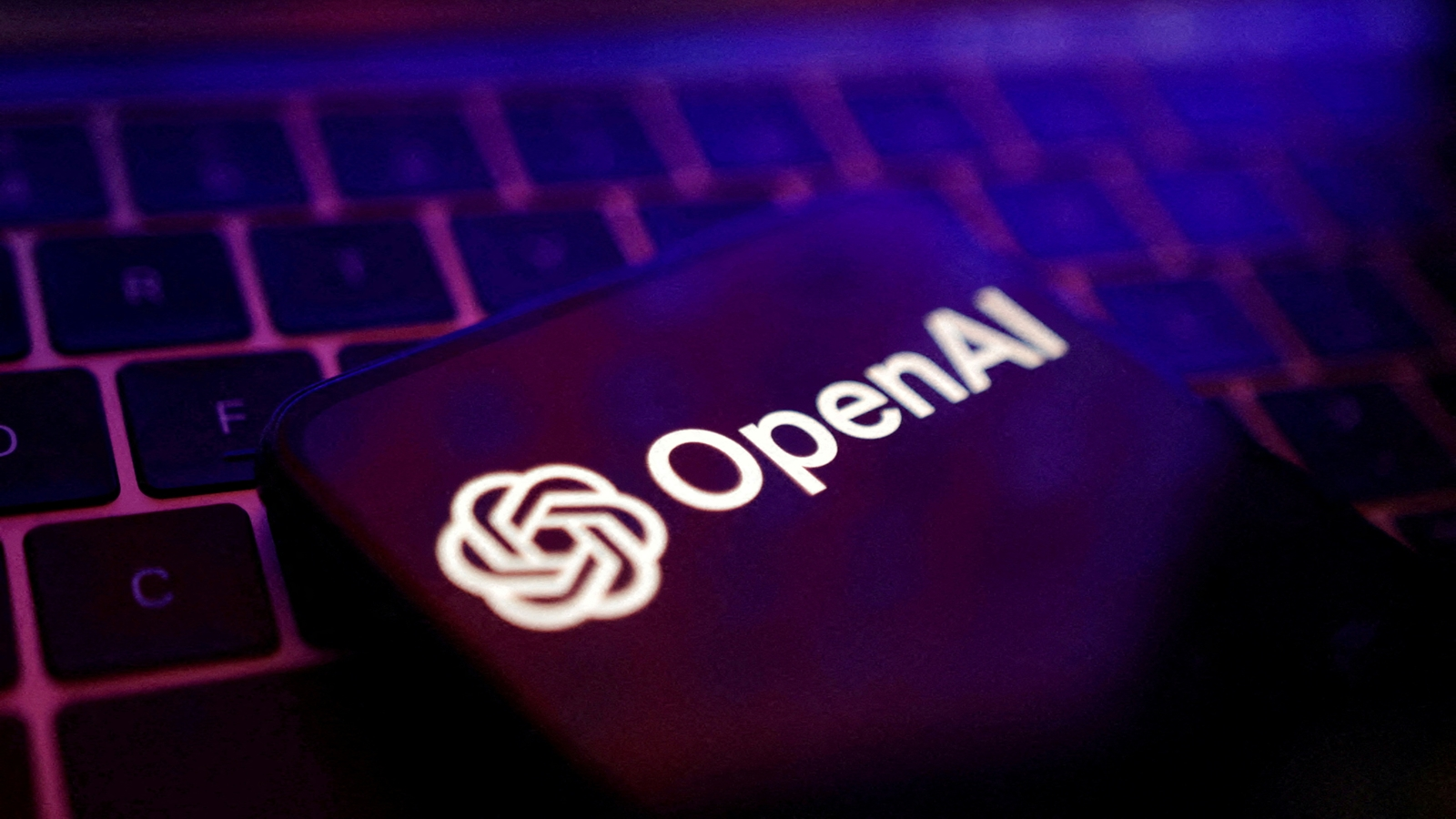On June 25, OpenAI, the company behind ChatGPT, notified developers in China that it would block access to its tools and software in the country from July 2024. Many Chinese start-ups rely on OpenAI’s tools to run their own AI chatbots. OpenAI’s withdrawal means they will no longer be able to rely on its systems to support such products. This move has lessons for India.
OpenAI’s move comes on the heels of two developments. The Biden administration is looking to ring fence US-based advanced AI systems, including the AI software that supports ChatGPT, from China and Russia. Additionally, a report issued by OpenAI pointed to the use of its tools to attempt to “manipulate public opinion” and “influence electoral outcomes” by entities based in China and Russia. Some reports tout this move as a loss for OpenAI and a win for Chinese tech giants like Baidu, which has its own version of ChatGPT and followed up on OpenAI’s announcement with discount offers and saw an uptick in its stock price.
However, OpenAI’s departure from China and the perceived windfall for Baidu offer an important lesson on the Galapagos syndrome, a Japanese term for the isolated development of a global product. The term derives from Darwin’s theory that species adapt to make survival more viable in local environments. Such evolutionary pathways have second-order effects worth contemplating.
Chinese technology companies typify the Galapagos syndrome. Their operations tend to be localised to the country. Consider Baidu’s generative AI model, ERNIE. Generative AI models, like ChatGPT and ERNIE, create new content, such as text, images, music, or videos, by learning patterns from existing data. Consequently, there is a correlation between the volume of data a model is fed and its capability. To put it simply, the more data a model learns from, the better it performs. The corollary here is that China’s strict policy of information control and censorship limits data availability for Chinese firms building generative AI models, prompting poor performance on the part of the latter.
Illustratively, in 2023 Baidu unveiled ERNIE, touted by the company as a rival to ChatGPT. However, the AI system did so poorly that Baidu’s stock plummeted following the demonstration. While OpenAI’s departure from China benefits Baidu, it is not necessarily beneficial for local developers who now have to migrate to inferior systems.
Adaptation to local markets makes it difficult for Chinese companies to scale beyond China, particularly in markets where most products have a global footprint. A lack of competition from external competitors means there are limited incentives to innovate. Along with being a front-runner in AI, Baidu is also China’s leading search engine company. But it can scarcely hope to compete with Google outside China.
China’s newer tech giants, such as Bytedance and Alibaba, made a better go of global expansion than Baidu. Bytedance is the parent company of TikTok, the social media application challenging Instagram and Facebook for social media supremacy. However, they are also falling prey to the side effects of the Galapagos syndrome as their compliance with local Chinese rules has implications for market access in other countries.
For instance, Chinese companies are required by law to cooperate with the Chinese government and intelligence agencies. Such cooperation includes the sharing of personal data, not only of Chinese citizens but those situated in other jurisdictions as well. Consequently, there is a movement across jurisdictions to shut them out for national security reasons. This includes India’s decision to ban TikTok, along with over 200 other apps, including the Chinese super app WeChat, in 2020.
Chinese tech’s Galapagos syndrome presents an important lesson for India. An example is the recent Draft Digital Competition Bill (DCB), 2024. Among other changes, it seeks to limit the ability of such companies to bundle multiple services in one — such as Apple integrating OpenAI within new devices. It makes the market leaders inefficient so there are fewer barriers to competition. And in doing so, it inadvertently kills prospects of “making in India for the world”.
We may well see domestic equivalents of large language models tied with the next generation of mobile devices, were the DCB to see the light of day. However, it is unlikely that Indian AI companies will be able to scale beyond our borders if they get used to operating in protected environments. The outcome: Indian consumers and developers are denied access to the best technological innovation and markets the world has to offer.
India must resist the temptation to become a technological Galapagos. It must find a middle ground where it accommodates foreign players that offer access to leading technology, while also encouraging local innovators. Doing so would ensure its tech ecosystem remains dynamic, competitive, and globally relevant.
The writer is the Director of the Esya Centre, a Delhi-based technology policy think tank. Views are personal



